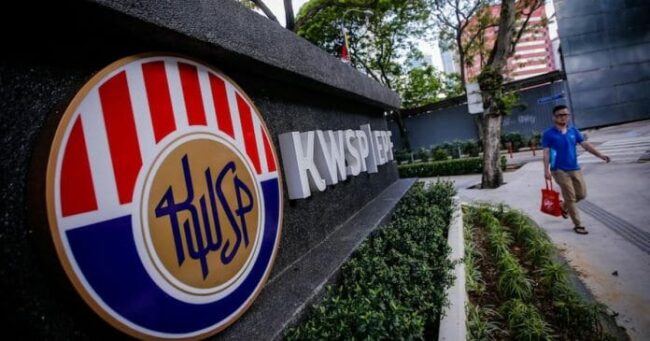Surge in EPF income signals increased dividend rate
Transport Minister Anthony Loke announced that Malaysia will procure new passenger trains for Keretapi Tanah Melayu Berhad (KTMB) through a government-to-government mechanism with China, reported China Press.
The plan involves leasing 62 new trains in the first phase from 2024 to 2027, with an estimated cost of RM10.7 billion, to be paid in instalments over a 30-year lease period.
Sin Chew Daily headlined that the Thai Constitutional Court ruled that Thailand’s Prime Minister Srettha Thavisin’s appointment of Pichit Chuenban as a cabinet minister was unconstitutional.
This led to Chuenban’s immediate dismissal, the dissolution of the Thai cabinet, and Srettha being removed from office.
Nanyang Daily reported that Maybank and CIMB were fined on July 29 for failing to comply with the 2013 Financial Services Act and the 2013 Banking and Financial Services Act regulations.
Kwong Wah Daily headlined that the Penang Water Supply Corporation (PBAPP) CEO Datuk Aris Ariffin, stated that due to insufficient rainfall and high water usage, the effective water levels at Penang’s Air Itam Dam and Teluk Bahang Dam have fallen below 30%.
Due to a 29% surge in the Employees Provident Fund (EPF) distributable income in the first half of this year, domestic economic experts expect next year’s dividend rate to exceed the 5.5%, front-paged Guang Ming Daily.
Editorial
Nanyang Daily believed that Malaysia’s unemployment rate, stable at 3.3%, reflected economic stability.
However, to further drive economic development and reduce unemployment, the government needs to implement a range of comprehensive measures, the daily said.
These include enhancing regional economic balance, improving worker skills, supporting innovation and entrepreneurship, and optimising the business environment, added the daily.
Sin Chew Daily said that Malaysia needs to “strengthen economic resilience and security,” particularly in areas such as food, energy, balanced industrial development, supply chains, financial systems, industrial upgrading and transformation, and human resource supply.
This is fundamental for advancing Malaysia’s high-quality economic development and achieving developed-economy status while also mitigating the impact of global major changes, the daily said.
Malaysia must be proactive and prepared, added the daily.

